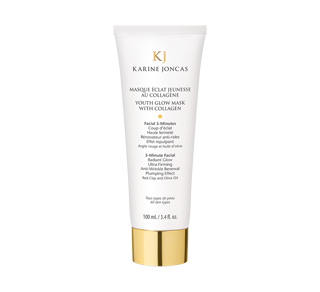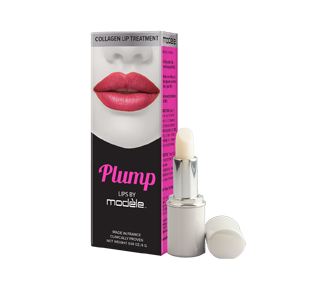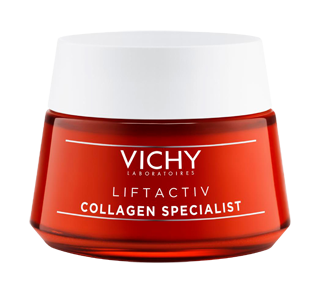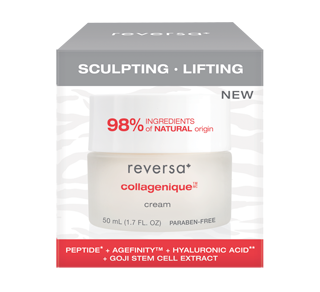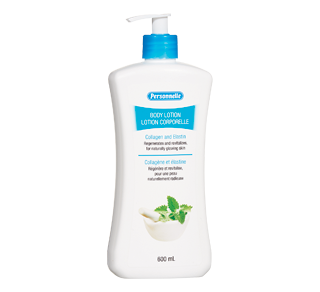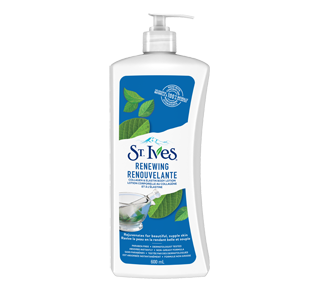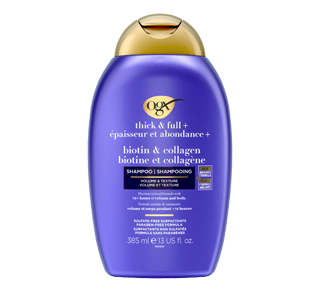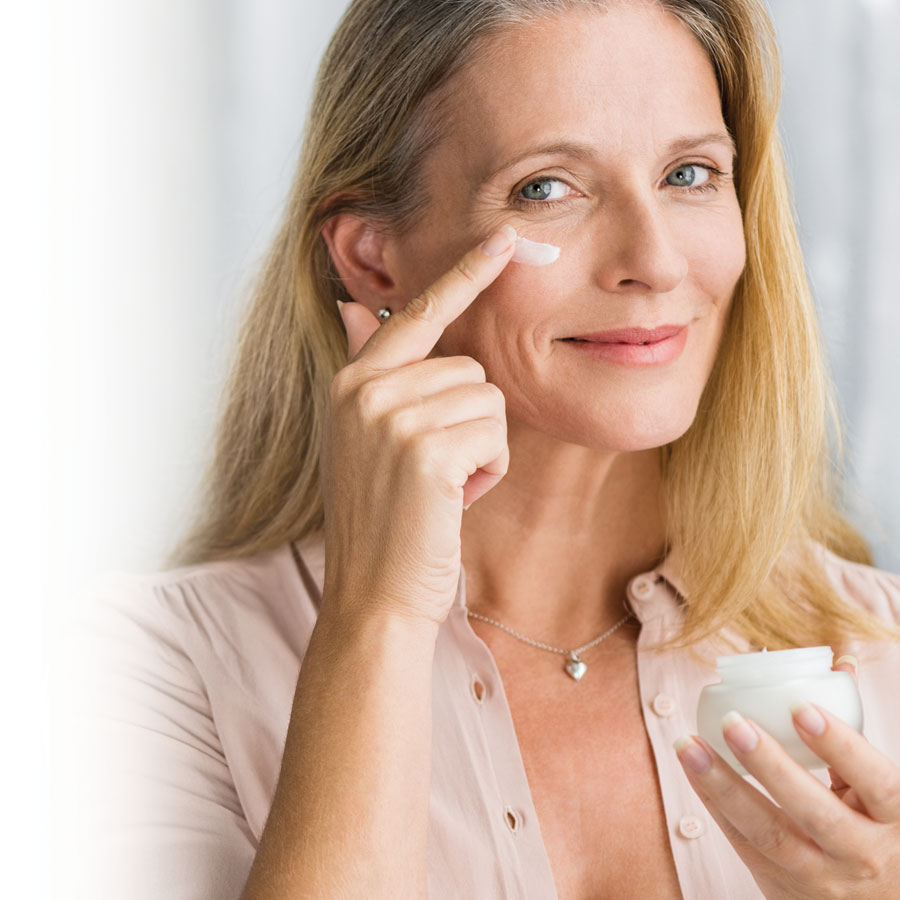Collagen is essential for maintaining your skin’s radiance and youthfulness. How does it function? And most importantly, how can you make the most of it? Let’s take a look.
What is collagen?
Collagen is a protein that’s produced by your cells and found in your bones, muscles and ligaments… and skin! In fact, a large part of the dermis is made of collagen.
The dermis is the middle layer of the skin, a kind of fibre mesh formed by collagen and another protein called elastin. It supports the epidermis, which shields against external aggressors and rests on the hypodermis, a fat "cushion" through which nerves and vessels pass.
What does collagen do?
The name comes from the Greek word kolla (glue)—and for good reason: without collagen, your body would fall apart! It holds your tissue and organs (including your skin) together, much like the steel reinforcement bars in a concrete wall.
Collagen plays an important role in the appearance and health of your skin. It keeps it from slackening and helps it to more easily absorb water and regenerate itself. It also gives your skin its firmness, suppleness and radiance.

Why stimulate collagen production?
It’s true that your body produces collagen naturally, but this production has its limits. Between your twenties and forties, your body produces, on average, 1% less of it each year. Why? With time, cells become tired and the stress of oxidation leaves its mark. Free radicals produced by pollution and UV rays, in particular, damage or prevent the production of collagen.
The result is that your muscles and joints become stiffer, injuries take longer to heal, fatigue happens more frequently… and your skin shows signs of aging: it becomes thinner, loses its elasticity and develops wrinkles. To slow down this process, you can give body a boost!
How to…
- Choose the right products for you. Because of its large size, the collagen molecule has a hard time making it all the way to your epidermis. The solution? Use formulas where the collagen components, amino acids called peptides, form separately. These smaller collagen units, found in plants like peas and wheat, penetrate the skin more easily, repulping, firming and restructuring your skin. As a bonus, they actually help boost your body’s own collagen production. Look for products that mention them specifically on the label along with active moisturizers and antioxidants (like hyaluronic acid, Vitamin C, etc.) that complement the work of collagen.

- Massage your face. Take a few minutes every day to apply a little pressure upwards, starting with the inside and working outwards. By “waking” the cells of your skin in this way, you’ll help boost the production of collagen and soften your skin.
- Moisturize. Make sure you have a bottle of moisturizer at hand throughout the day and eat foods that are rich in water, like cucumber and melon. Dry skin can’t do its job properly!
- Eat foods rich in antioxidants, like citrus fruits, broccoli and kiwis that are rich in vitamin C, or tuna, olive oil and asparagus, which are bursting with Vitamin E.
- Protect yourself from the sun’s rays. Make sure you use a sunscreen every day and choose one with an SPF factor of at least 30 that protects against both UVA and AVB rays. If possible, try to stay indoors when the sun is at its strongest: between 11 am and 3 pm.

